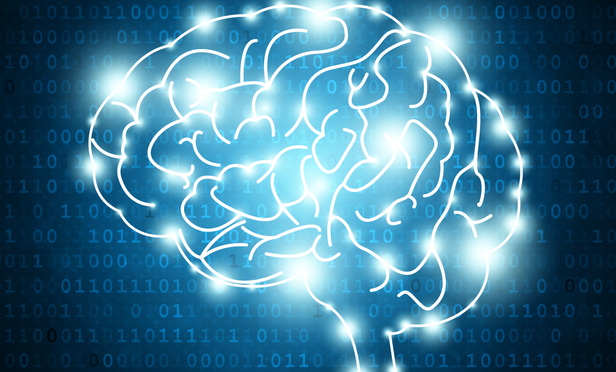America’s relationship with technology is conflicted: we can’t get enough of it, until it becomes so good that our human talents become obsolete. Many have assumed that those jobs manned by highly educated professionals—like lawyers—will be safe. A computer can’t effectively present a closing argument to a jury, can it? Maybe not. But what if a computer made a lawsuit unnecessary in the first place? What if contracts could enforce themselves?
The concept of a self-enforcing “smart contract” is not a new one. Smart contracts have existed in our everyday lives for decades. When you slide a dollar bill into a soda machine, you enter a contract to buy a soda. The soda machine determines whether your dollar is legit, and drops you a Coke and a smile if it is satisfied. Sure, it is possible the machine won’t work correctly, but the binary “if this, then that” technology has dramatically limited the chances of a soda dispute.
This content has been archived. It is available through our partners, LexisNexis® and Bloomberg Law.
To view this content, please continue to their sites.
Not a Lexis Subscriber?
Subscribe Now
Not a Bloomberg Law Subscriber?
Subscribe Now
LexisNexis® and Bloomberg Law are third party online distributors of the broad collection of current and archived versions of ALM's legal news publications. LexisNexis® and Bloomberg Law customers are able to access and use ALM's content, including content from the National Law Journal, The American Lawyer, Legaltech News, The New York Law Journal, and Corporate Counsel, as well as other sources of legal information.
For questions call 1-877-256-2472 or contact us at [email protected]






